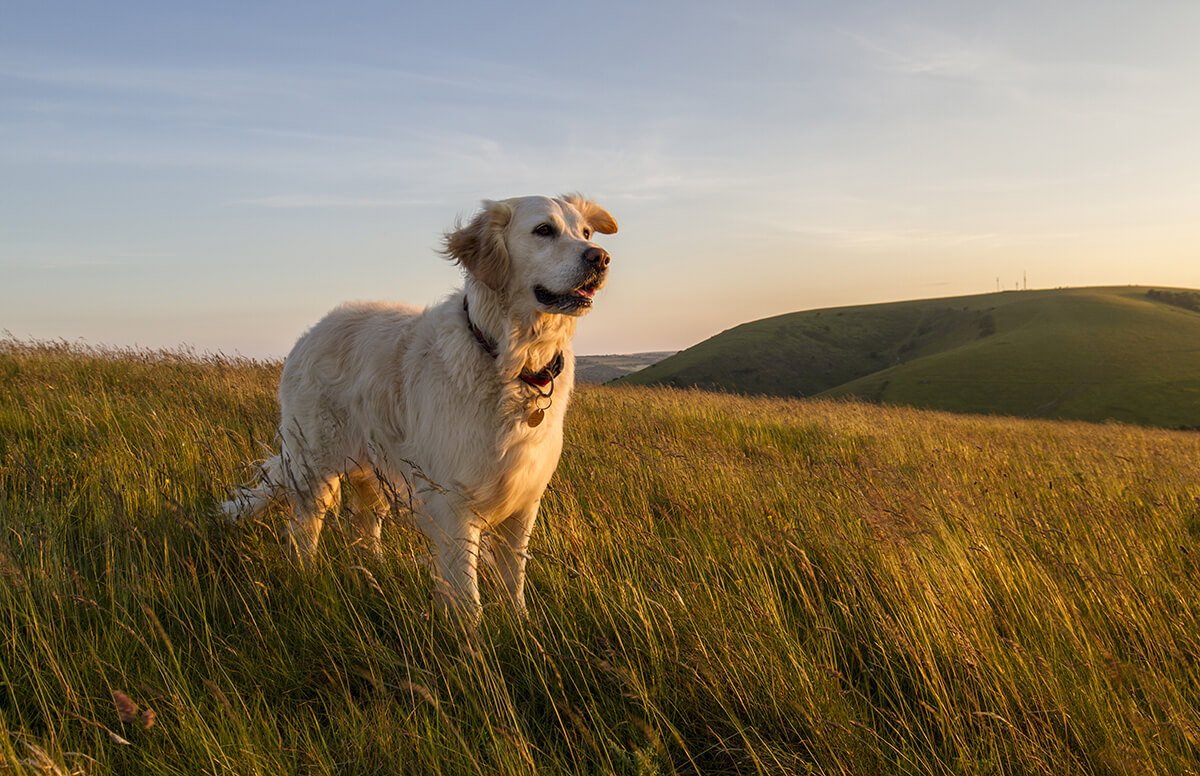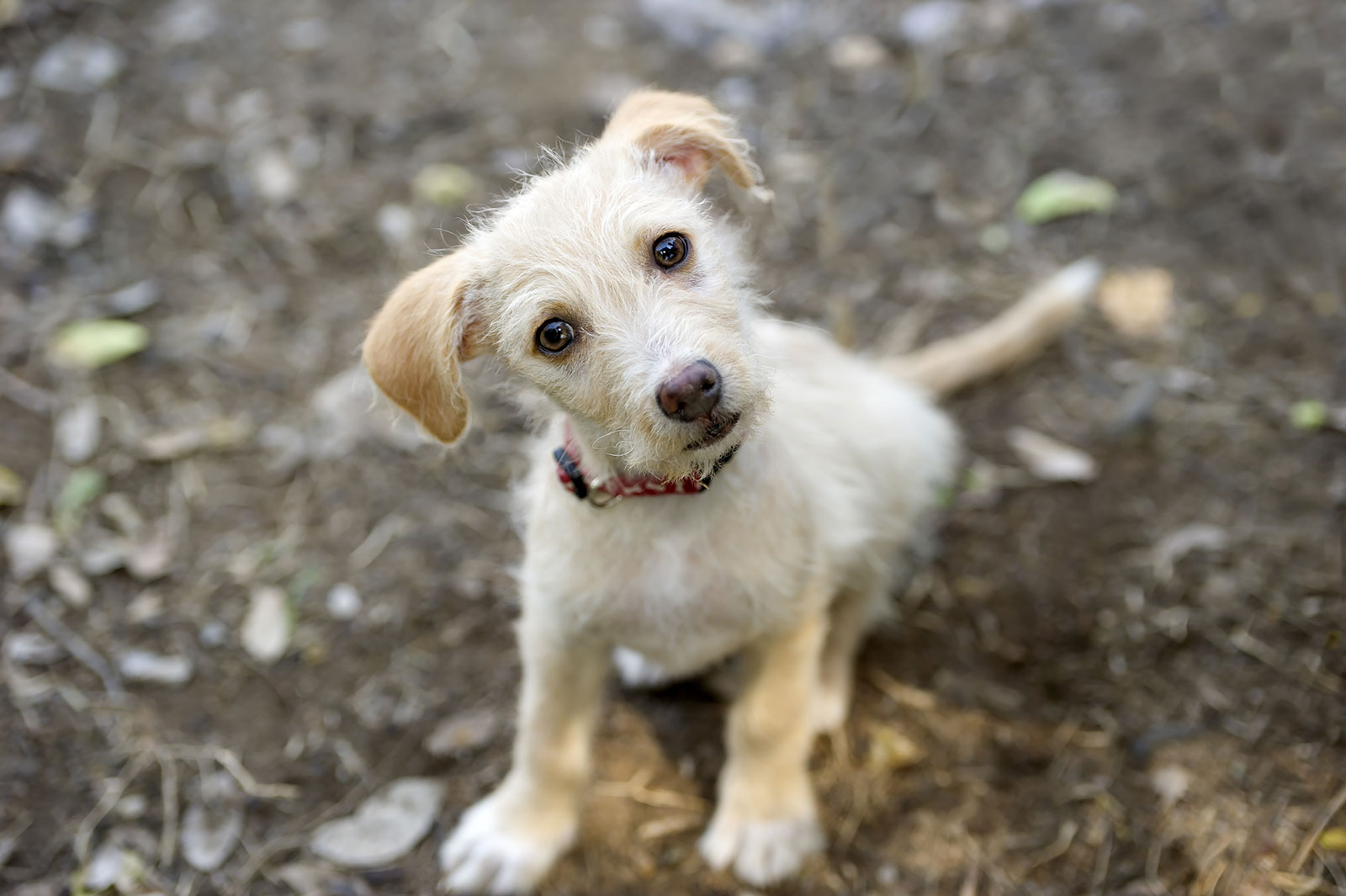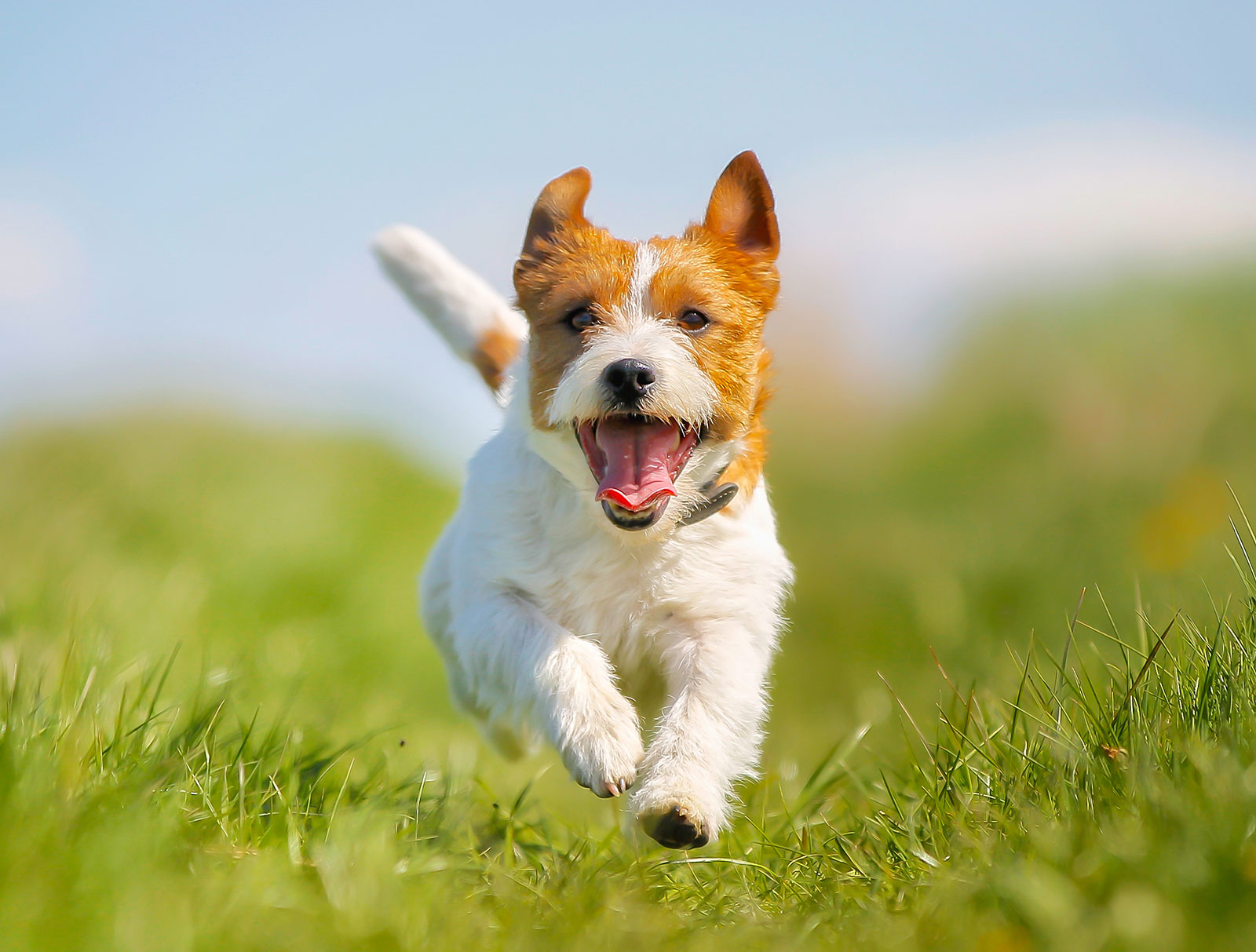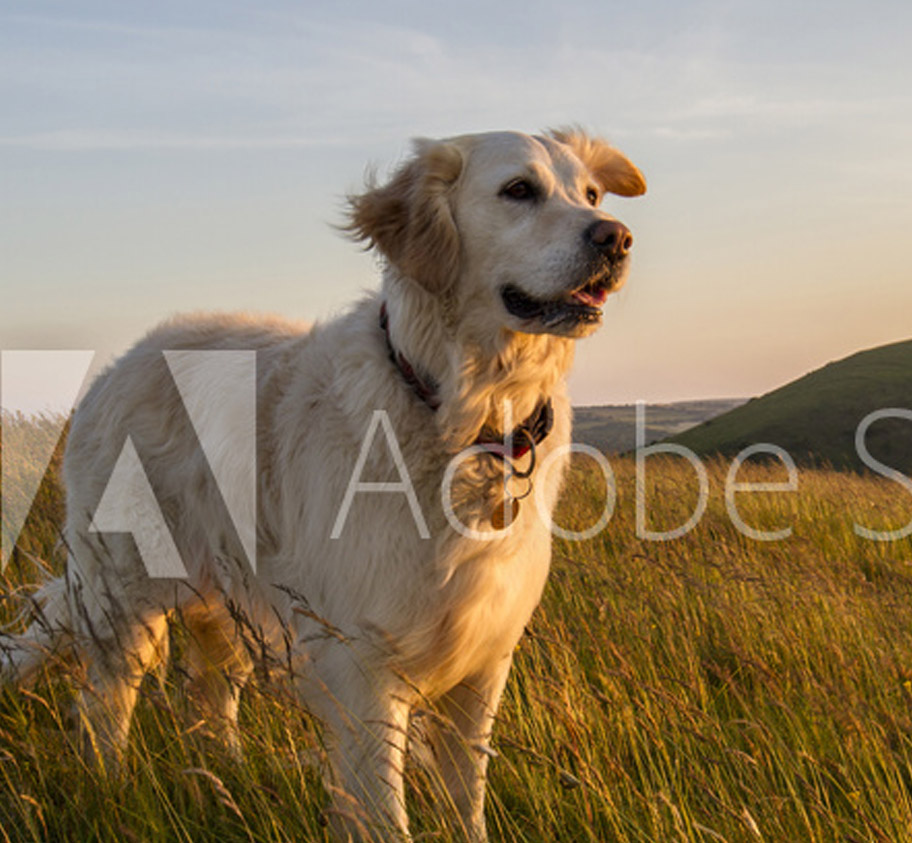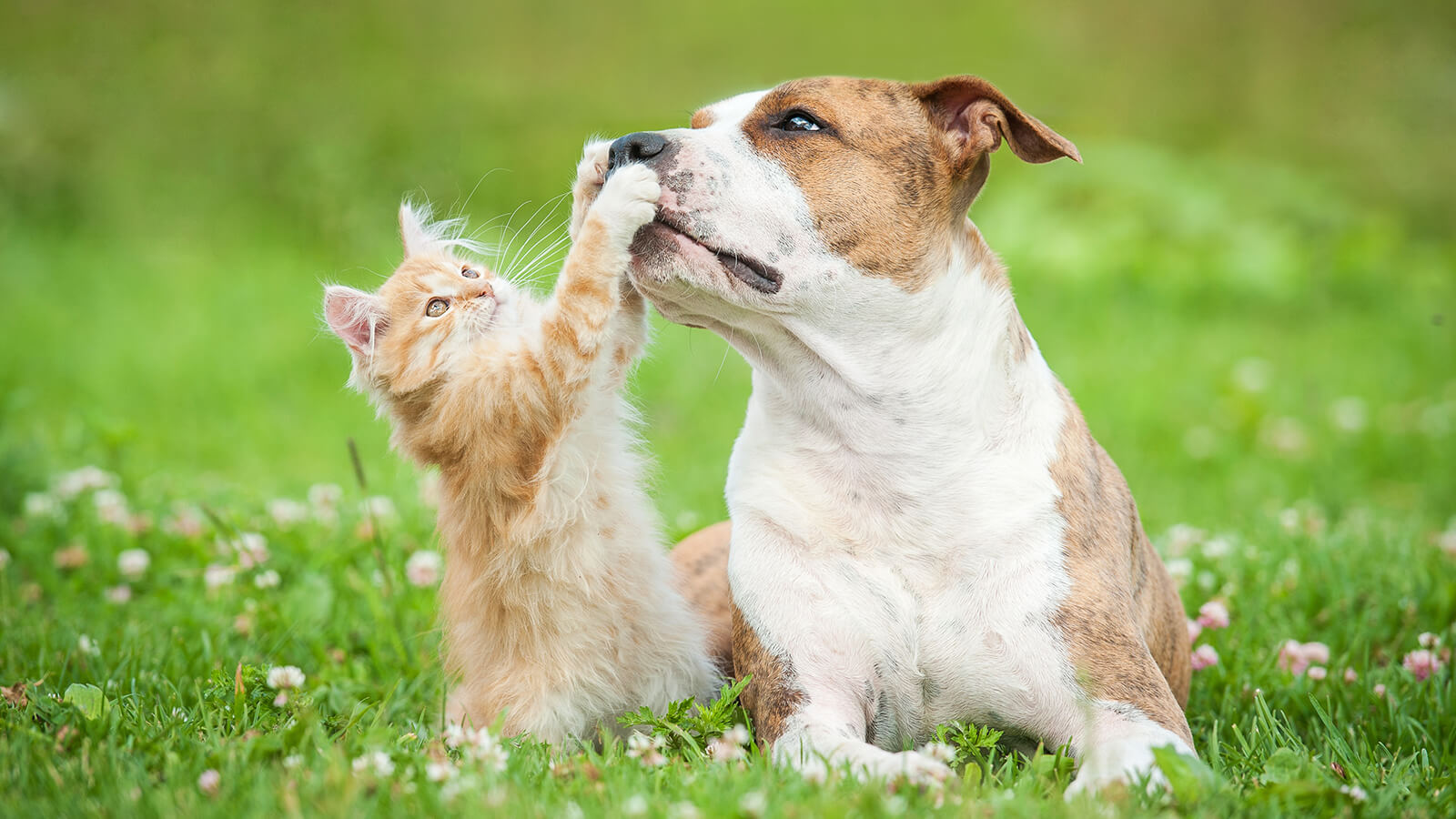
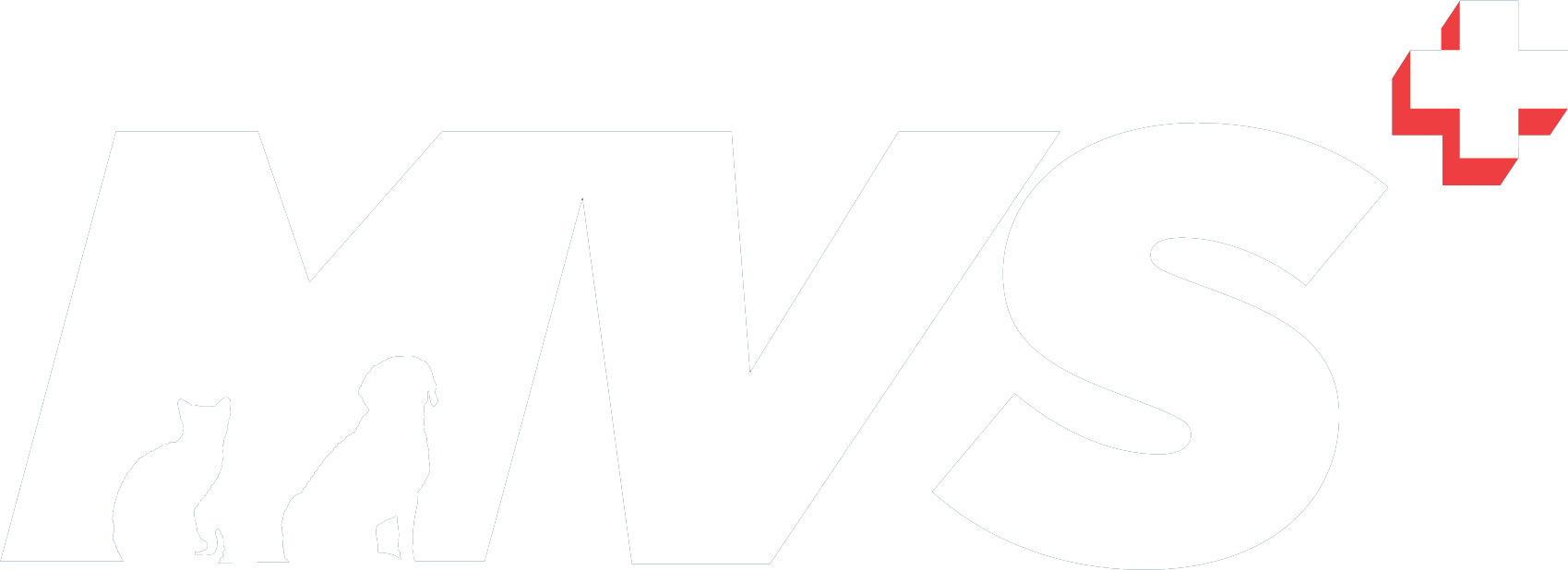 Menu
Menu
Medial coronoid disease (cat)
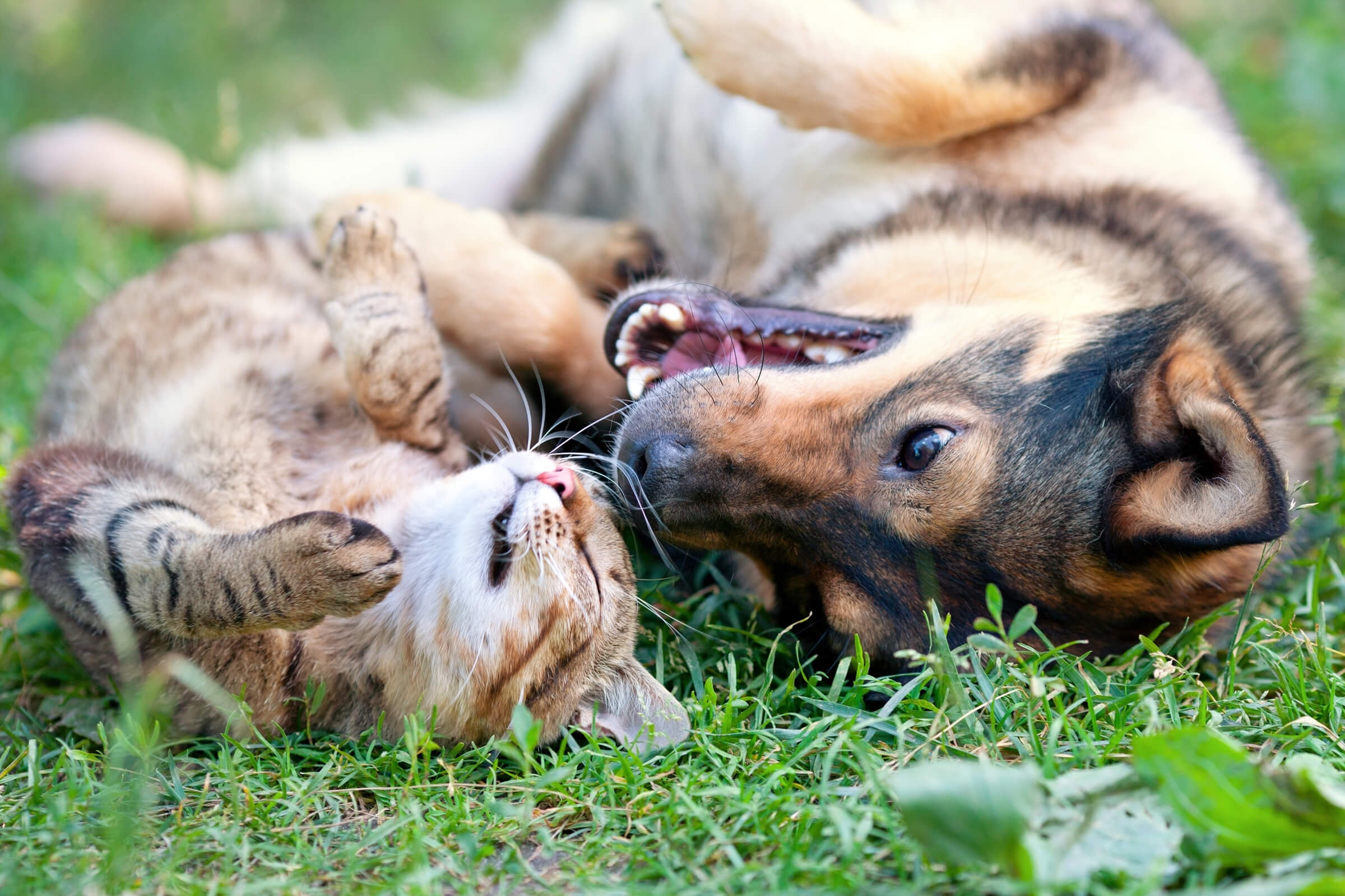
What is Medial coronoid disease ?
Medial Coronoid Disease is the most common form of elbow dysplasia (abnormal development of the elbow joint) in dogs and is also seen in cats. It’s prevelance in cats is debatable. This condition refers to pathology (disease) of the inside articulating surface of the ulna. The term can refer to several forms of pathology of the medial coronoid region of the elbow joint. Pathology can range from mild cartilage softening to fragmentation of the medial coronoid process itself. In some cases, damage to both the cartilage and the bone in this area of the elbow joint involves the entire medial (inside) half of the joint. This is then termed medial compartment disease. This condition is poorly characterised in the feline patient. Cats affected by this can present with variable degrees of pain, lameness and swelling.
How is it diagnosed?
Diagnosis is often achieved via advanced imaging (CT scans) and arthroscopy (keyhole surgery
How is MCD treated?
Medical management is often appropriate in the first instance. This revolves around the use of NSAIDs (non-steroidal anti-inflammatory drugs), weight control and exercise moderation. Dietary supplements can also be prescribed. Physiotherapy, particularly hydrotherapy can be difficult to perform in the feline patient.
If fragmentation is present, arthroscopy allows for fragment removal which can improve joint comfort in patients who are poorly responsive to medical treatment. Osteoarthritis of the joint ensues and usually requires treatment in later life.
Stay in touch
Follow us on social media and keep up to date with all the latest news from the MVS clinic.
